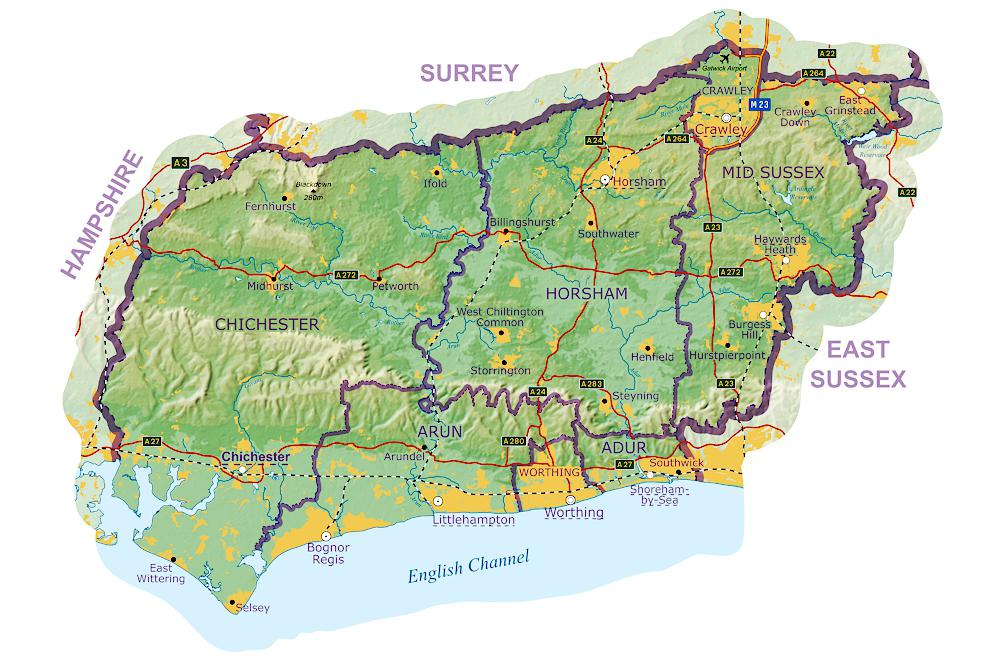
West Sussex County Council has approved its 'Reset Plan', which sets out key priorities and how its money should be spent over the next four years.
The aim of the plan, which runs until 2024/25, is for the council to learn from its response to the pandemic and ensure the best support is provided for residents both now and in the future.
Describing the challenges faced by residents, businesses and health services alike, leader Paul Marshall said the pandemic had ‘changed the dynamics of what our priorities are going to be’
He added:
“When we talk about reset, it’s reset in the context of a pandemic that’s taken place that will remain with us for some years to come and has changed the structure around what we do.
“It’s important that we as a local authority align our resources to enable our residents and the workforce, but in particular to focus on those vulnerable people to get the services and the support that they need.”
The Reset Plan will be reviewed every year and the 53 Key Performance Indicators laid down to monitor its progress will be reported on each quarter.
Those indicators cover everything from health and children’s social care to the economy, education and recycling.
The plan makes up part of the ongoing improvements being worked on since the council was hauled across the coals for its failures in its children’s services and the fire and rescue service.
The priorities are:
- Keeping people safe from vulnerable situations
- A sustainable and prosperous economy
- Helping people and communities to fulfil their potential
- Making the best use of resources
Councillors were told that climate change was ‘central to all the priorities’.
Some £10m of new capital investment has been lined up over the next five years to help the council become carbon neutral by 2030 by investing in low-carbon upgrades
This was welcomed by Dr Kate O’Kelly (Lib Dem, Midhurst) – but she was less than impressed by the plans for new cycle lanes.
The target laid out in the Reset Plan is to build 7.5km of new lanes across the county every year up to 2024/25.
Dr O’Kelly said:
“I would expect us to be more ambitious – certainly to have an increase year-on-year.”
Labour leader Michael Jones had a list of concerns.
They ranged from the need to boost the county’s night-time economy and the future of the children & family centres, to whether a future merger with East Sussex County Council was on the cards – something which was vehemently denied.
With one eye firmly on May’s elections, he said:
“I think it will take more than a simple document like this to bring about the much-needed cultural and institutional changes that this council is crying out for.”
The majority, though, supported the plan.
Andrew Barrett-Miles (Con, Burgess Hill North) said:
“This plan, I believe, was set on some very sound principles and a set of sound priorities.
“It is a plan which actually relies on us supporting those who need help but look for help from partners in whatever form to deliver this.”
One of those partners is the NHS.
Amanda Jupp (Con, Billingshurst) said:
“The adults and health response to the Covid-19 pandemic has given us the opportunity to work in close partnership with the NHS to provide support for vulnerable people far more quickly and practicably than we have been able to do previously.
“We will continue to build on these positive outcomes.”


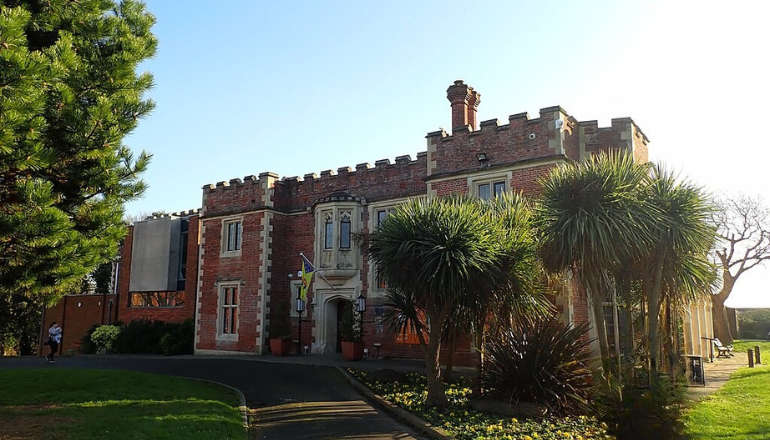 Hastings Museum & Art Gallery And Groundwork South Launch Project For Ore Residents
Hastings Museum & Art Gallery And Groundwork South Launch Project For Ore Residents
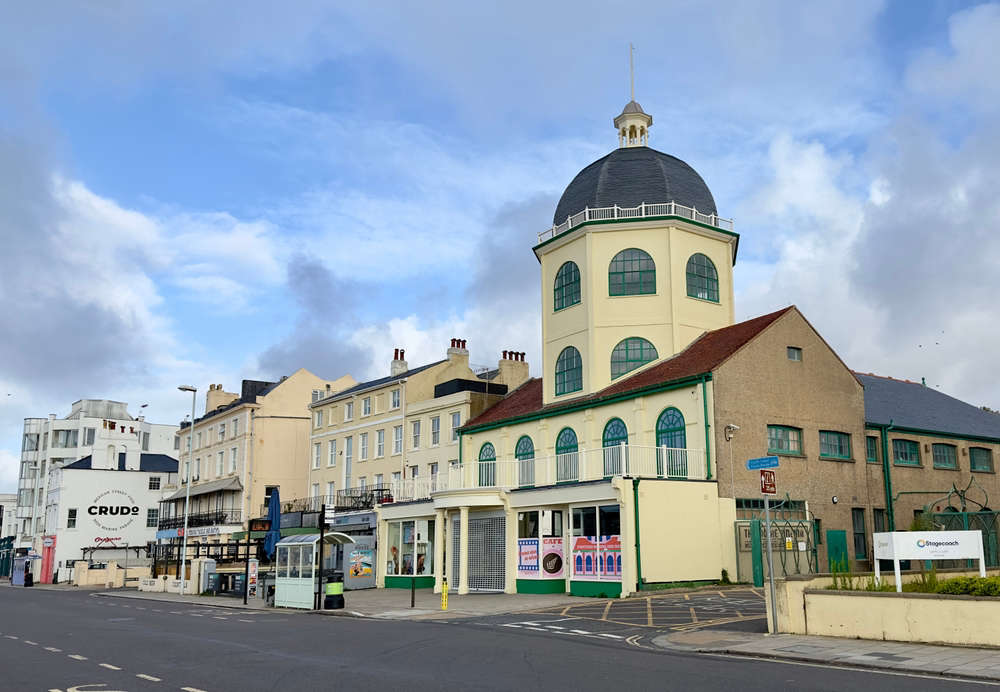 Company Director Prosecuted For Breaching Fire Safety Regulations
Company Director Prosecuted For Breaching Fire Safety Regulations
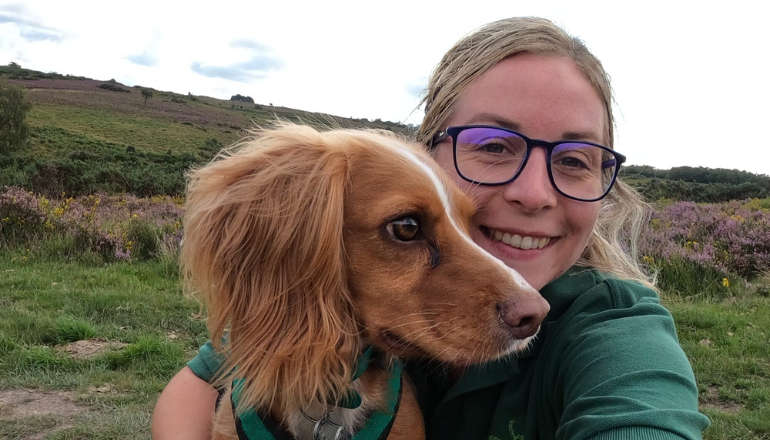 Iconic Ashdown Forest To Host Special Walk For National 'Dogs In Yellow Day'
Iconic Ashdown Forest To Host Special Walk For National 'Dogs In Yellow Day'
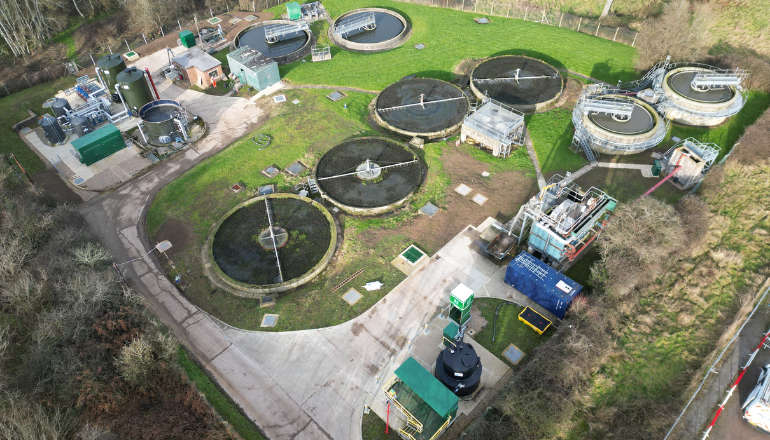 Multi-Million-Pound Scheme To Boost West Sussex Water Quality Complete
Multi-Million-Pound Scheme To Boost West Sussex Water Quality Complete
 County Council Supports NHS England Breast Screening Campaign To Help Detect Cancers Earlier
County Council Supports NHS England Breast Screening Campaign To Help Detect Cancers Earlier
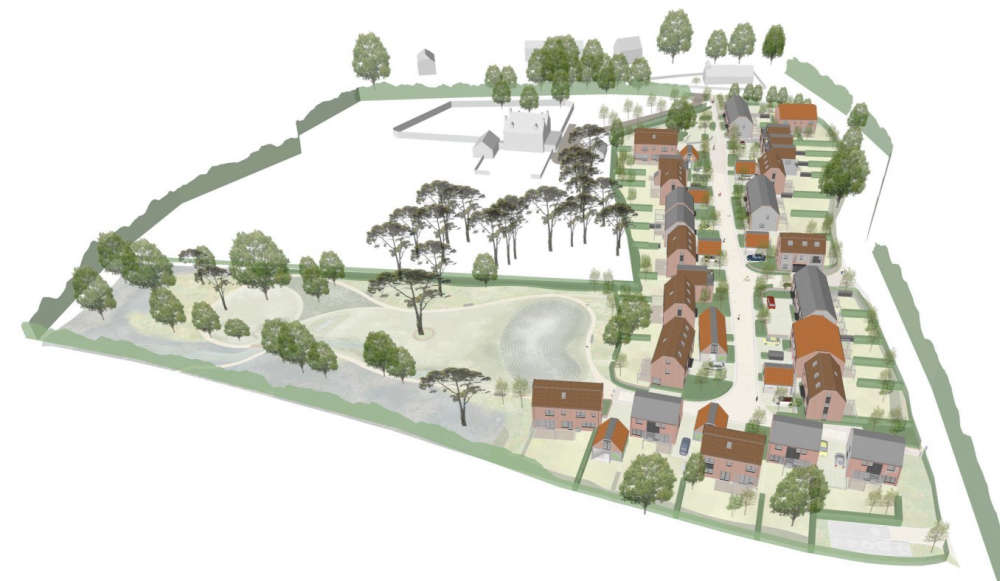 Chichester District Council Give Approval For 30 New Homes In Earnley
Chichester District Council Give Approval For 30 New Homes In Earnley
 Brighton Seafront Champion Spells Out Concerns About Board
Brighton Seafront Champion Spells Out Concerns About Board
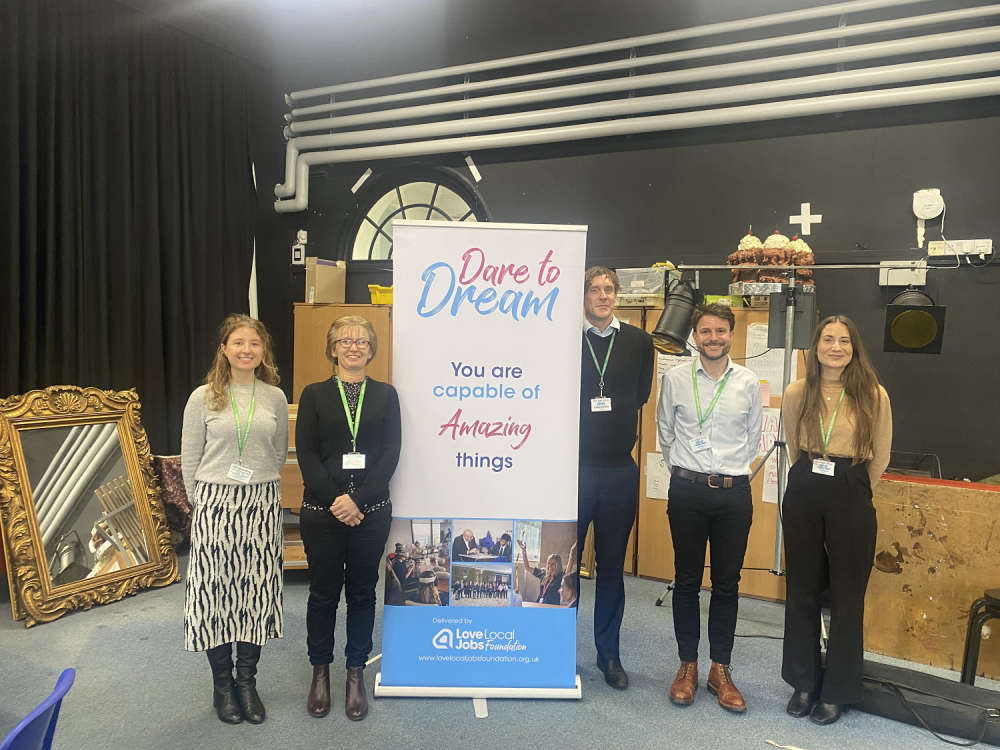 Sussex Law Firm Partners With Dare To Dream To Inspire Young People
Sussex Law Firm Partners With Dare To Dream To Inspire Young People
 Life Sentence For Man Who Drugged And Raped Women And Girls
Life Sentence For Man Who Drugged And Raped Women And Girls
 Eastbourne Council Helps Students Build Bright Careers
Eastbourne Council Helps Students Build Bright Careers